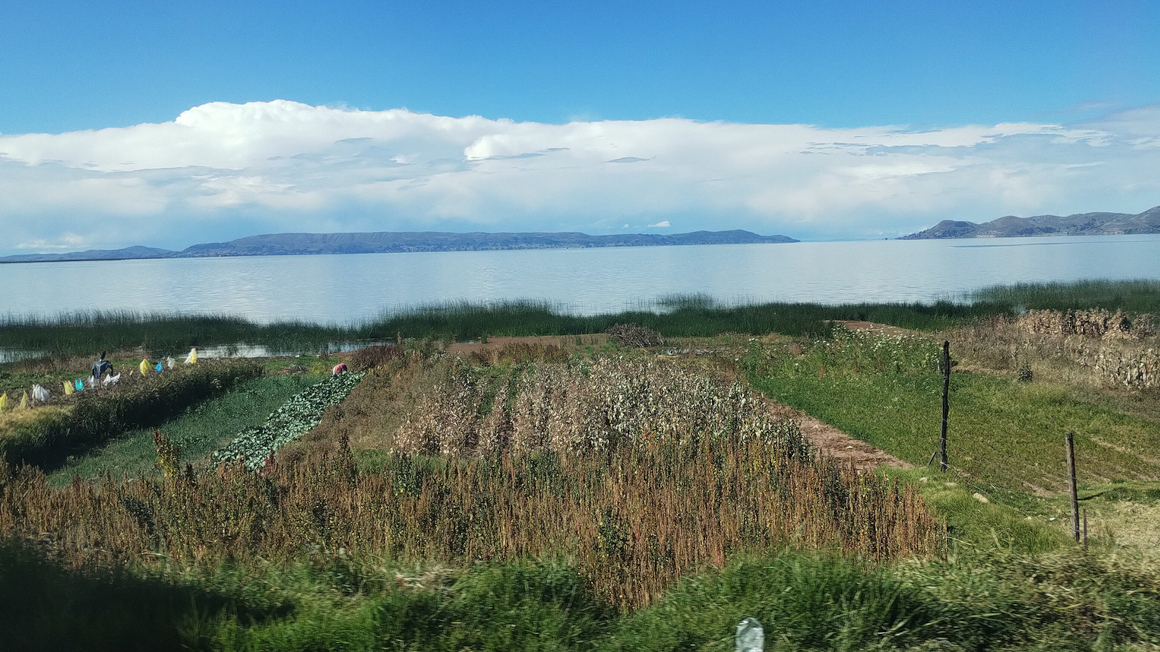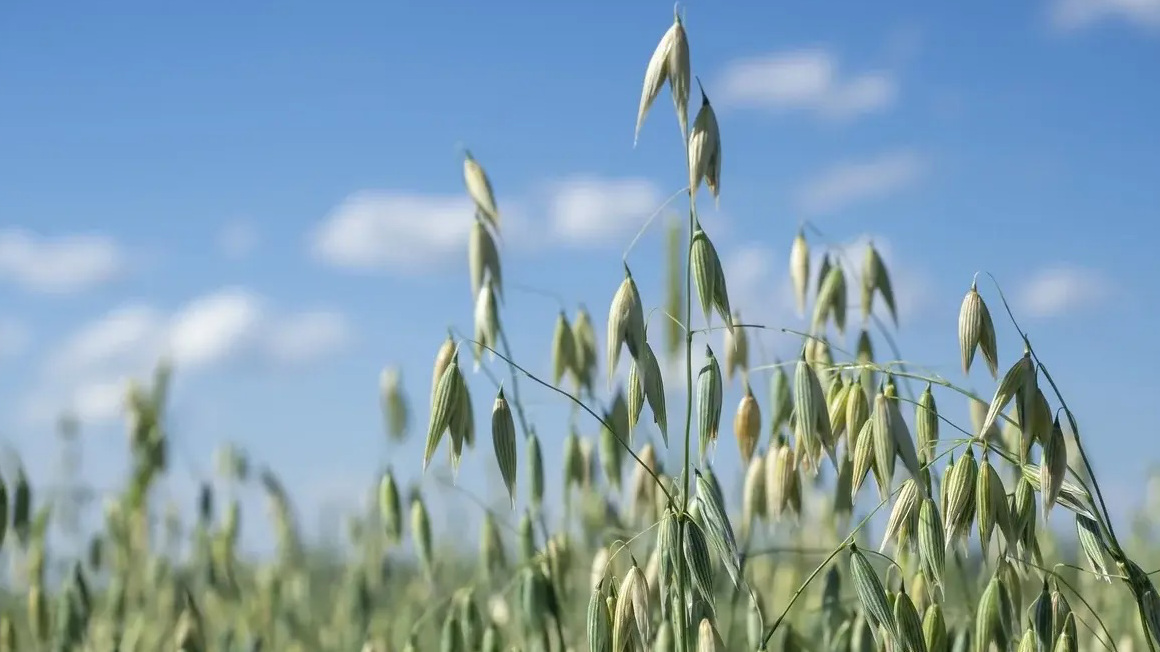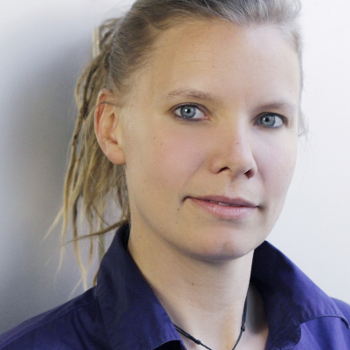Climate-resilient quinoa cultivated
With the help of artificial intelligence (AI), an international research team, including the University of Hohenheim, was able to develop three climate-adapted quinoa varieties for the Peruvian highlands.

Artificial intelligence revolutionises plant breeding
The project, which lasted over ten years, utilised state-of-the-art technologies: Deep learning image analysis was used to evaluate hundreds of photographs of quinoa plants in order to genetically characterise yield traits. Six traditional quinoa varieties were crossed and thousands of offspring were tested for yield, disease resistance and frost tolerance. Climate change has dramatically altered the growing conditions in the Altiplano - previous clear periods of rain and drought no longer exist, forcing farmers to adapt their sowing in the short term.
Long-term development through free seed
The project goes beyond pure breeding research: ‘It is particularly noteworthy that the seeds are made available to farmers free of charge,’ emphasises Prof. Dr Schmid from the Department of Crop Biodiversity and Breeding Informatics at the University of Hohenheim. ‘In this way, we want to ensure that small farmers also benefit from the progress of current breeding research.’ Together with UNAP, small seed multiplication companies are to be founded, which will create economic incentives. In addition, Peruvian scientists were trained in modern breeding methods - a Peruvian doctoral student will complete his doctorate at the University of Hohenheim and around two dozen students learnt about AI-based plant breeding, which will strengthen plant breeding expertise in Peru in the long term.
lh


